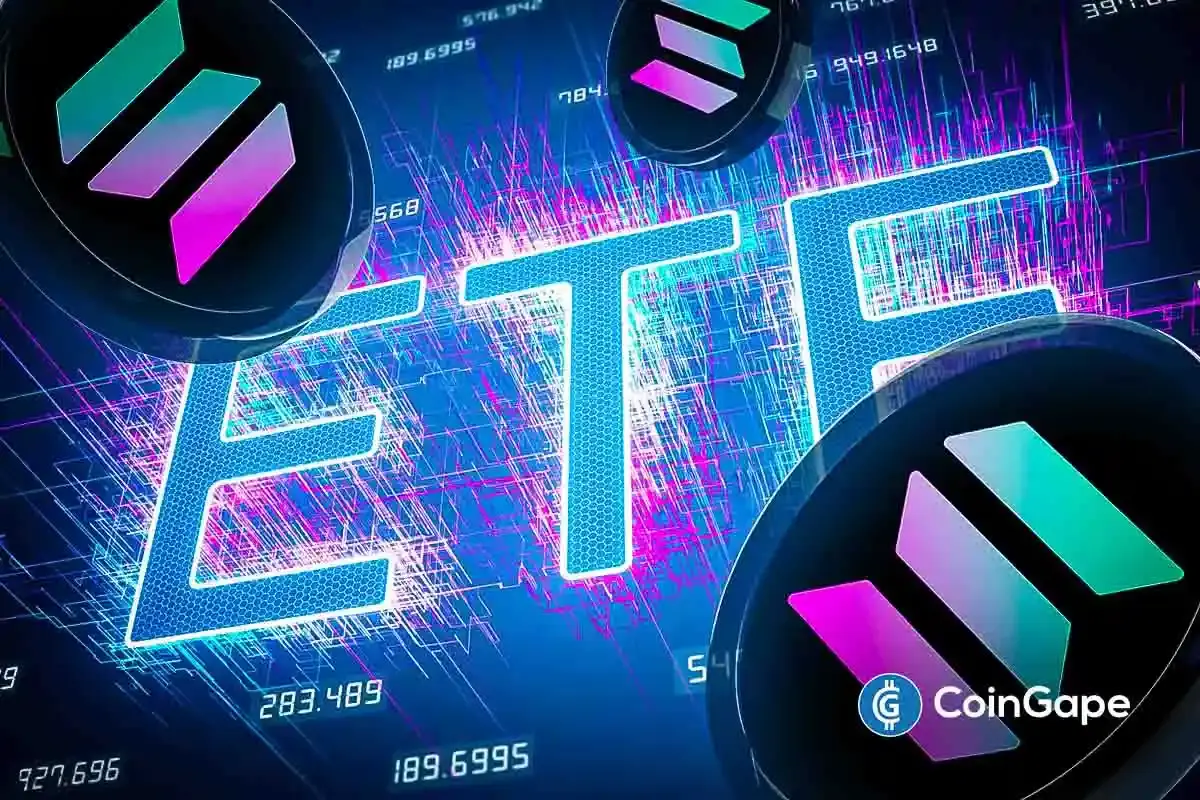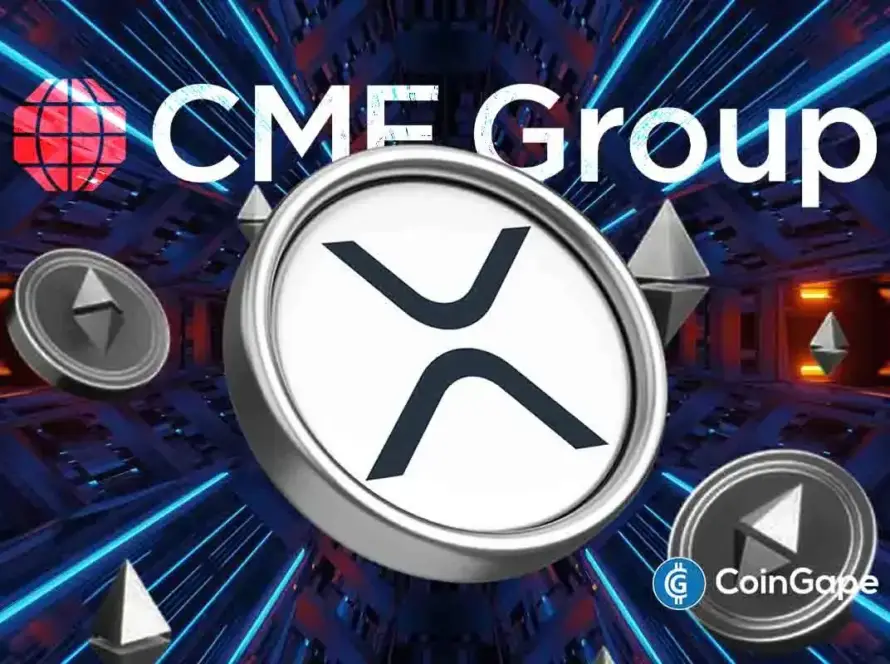Grayscale and VanEck submitted amended S-1s of their proposed Solana ETFs. This is a positive sign that the funds may soon be approved. These two filings disclose sponsor fees, fund mechanics, and custodial relationships.
Grayscale Sets 2.5% Fee, Cash Model for GSOL Solana ETF
Grayscale’s amended filing sets a 2.5% sponsor fee and names Coinbase Custody as the fund’s sole custodian. The trust will operate under the name Grayscale Solana Trust ETF. In addition, it is expected to trade on NYSE Arca using the ticker GSOL.
It will not initially support in-kind redemptions. Rather, a cash model will be used to create and redeem shares. Also, the liquidity provider will be third parties, who can convert USD into SOL.
The price of such a fund will be tracking the CoinDesk SLX Index. It is a measure of aggregated Solana prices on the leading currency trading platforms.
Grayscale states that its Solana ETF will passively hold SOL and may later implement staking if allowed under its Staking Condition. No leverage or derivatives will be used, and the fund will not engage in lending.
VanEck Targets 1.5% Fee, Staking Rewards for VSOL
VanEck’s updated S-1 sets a lower sponsor fee of 1.5% and names Gemini and Coinbase Custody as co-custodians. The ETF will list on Cboe BZX under the ticker VSOL, pending SEC approval.
Unlike Grayscale, the updated filing for VanEck Solana ETF includes an active staking framework and plans to stake a portion of SOL holdings via third-party providers. The policy of choosing the validators will be strict and it will take into perspective performance, security certifications and slashing history.
The staked rewards without the validator fees will be shown in the net asset value of the Solana ETFs and will be re-invested automatically. VanEck has revealed it is prepared to include liquid staking tokens (LSTs) in the future based on the conditions allowed by the regulators.
Until that time, all staking activity will be based on standard validators. Both filings confirm that the Solana ETFs are structured as grantor trusts and not registered investment companies. They will not fall under the Investment Company Act or the Commodity Exchange Act.
Investment disclaimer: The content reflects the author’s personal views and current market conditions. Please conduct your own research before investing in cryptocurrencies, as neither the author nor the publication is responsible for any financial losses.
Ad Disclosure: This site may feature sponsored content and affiliate links. All advertisements are clearly labeled, and ad partners have no influence over our editorial content.




✓ Share: